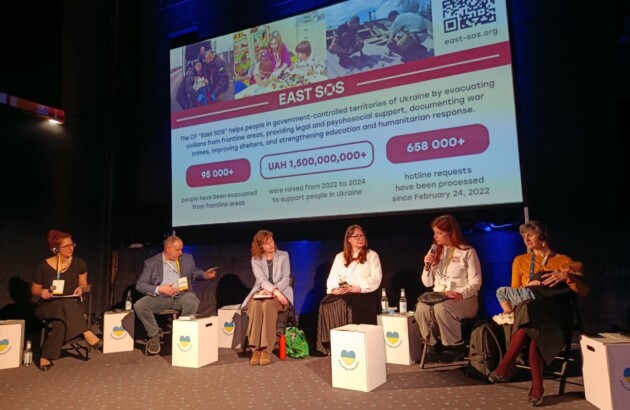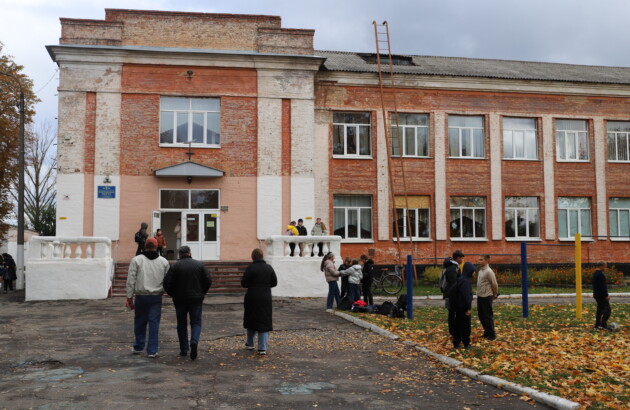Monitoring the readiness of schools for the 2023/24 academic year in frontline areas
Presenting the Monitoring Results of Regional Educational Institutions’ Preparedness for the Academic Year 2023/24. The survey was conducted in July-August 2023 among educators in government-controlled areas of Ukraine.
This report provides comprehensive information regarding 220 schools located in the Mykolaiv, Zaporizhzhia, Kherson, Luhansk, and Kharkiv regions. It is essential to note that some of the surveyed schools in the Luhansk region, as well as some of schools in the Kherson and Zaporizhzhia regions, are currently displaced and operating remotely due to temporary occupation.
The monitoring provides information on:
- The challenges and operational experiences during a period of full-scale war and temporary occupation.
- The assessment of the security conditions within the vicinity of the educational institution’s location.
- Staffing requirements and the whereabouts of educators.
- Support resources and institutional requirements.
- Recommendations.
Research results in numbers:
- 47% of the responding institutions were damaged as a result of the war;
- Every third regional institution (33%) enjoys a stable Internet connection, while another quarter of schools (25%) experience occasional interruptions. However, a concerning 13% of educational institutions lack a stable connection altogether, and a significant 29% have no Internet connectivity.
- Approximately one-quarter of pupils currently reside in areas under temporary occupation, while 41% have relocated. An additional 34% remain in the settlements where their schools are located.
- In temporarily occupied territories, approximately 25% of schools have transitioned to adopting the russian curriculum, utilizing russian staff. Furthermore, the facilities of several remotely operated institutions are now repurposed for occupiers’ residence or medical treatment.
Learn more by reviewing the complete report.
The materials were prepared by the Vostok SOS in cooperation with the Kharkiv Institute for Social Research. The monitoring was conducted within the framework of the project “Support to Vulnerable Populations and Residents of Remote Areas of Ukraine Affected by the War” with the financial support of the EU.


